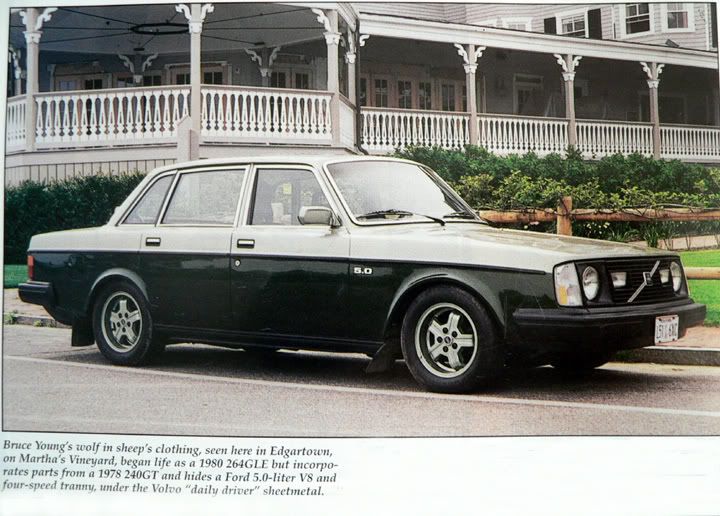|
Older 240? Say around 81, or 82? Any later model than that, and I don't think fuses do diddly for that particular problem. Either way,it is a 240, and yes, you should service the fuse panel. If I remember correctly, on the early cars, it's the one for instrument gauges and such, but if this were the problem, I think you would have noticed it. When you turn your key to the number one position, there will be no little red lights across the instrument cluster...
Further, YES, a voltage regulator can cause an intermittent charging problem, it is a "regulator" meaning it regulates for changes in current. Oviously when you are going faster your car is charging more, when you are going slower your car charges less...but yet the alternator puts out a relatively constant voltage...why...because it is regulated by a tiny part with brushes, and a resistor, and circuitry...which can intermittently fail. If all your mechanic is envisioning in his head is the brushes, then he is right. If there were no more brushes, there would be no more charging (though I've seen 'em come in charging with only the left over springs sticking out of the regulator.)
If your car is a B230, with a crank pulley, that could be failing, and basically creating too much drag. Utility bushings could be weak and the belts could be slipping, again...causing a charging problem. I guess we need to know...what year 240, is it the original alternator, how does the wiring look, and if you look down at your belts, while the car is running, are the belts spinning happily and all lined up, or does something look like it's about to wobble off...
|

